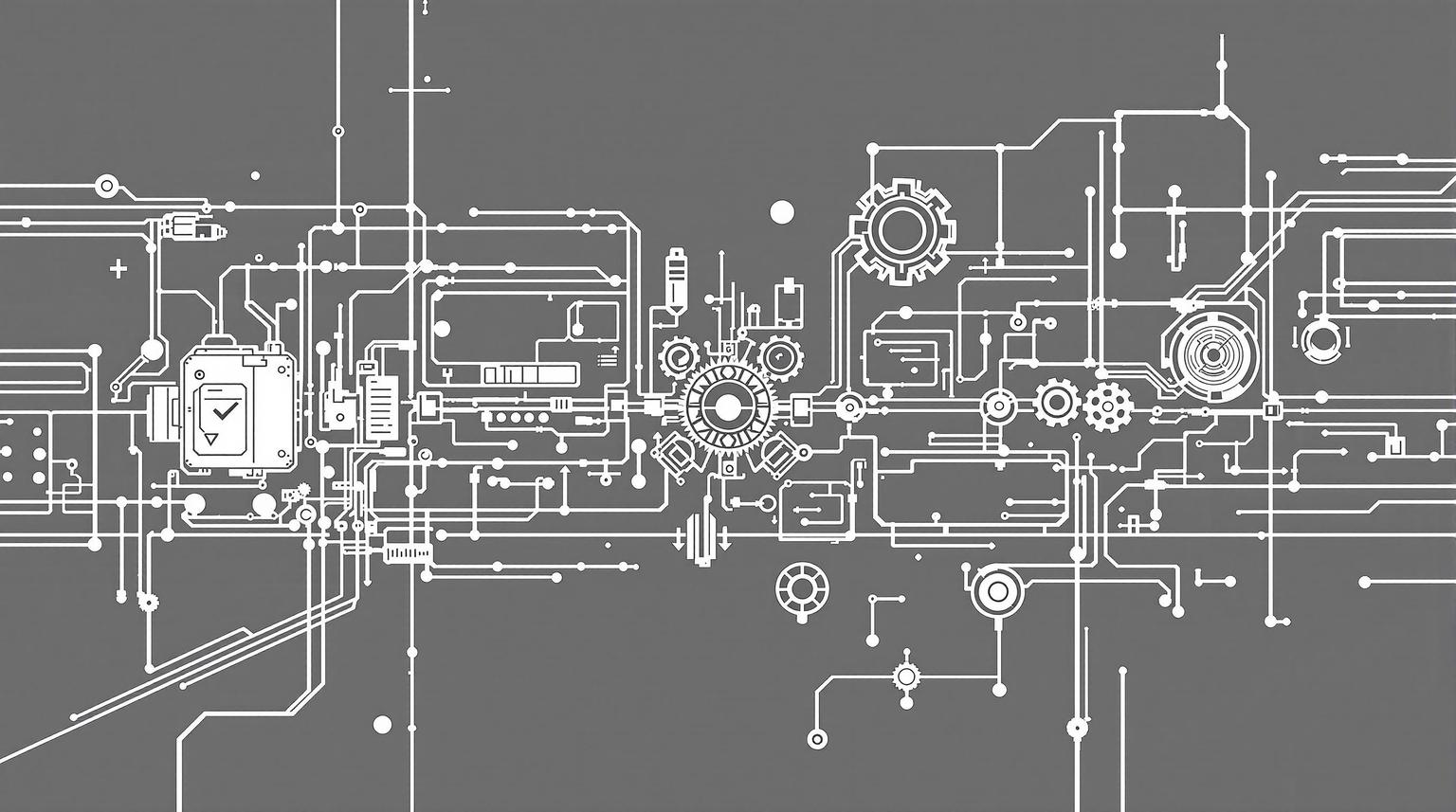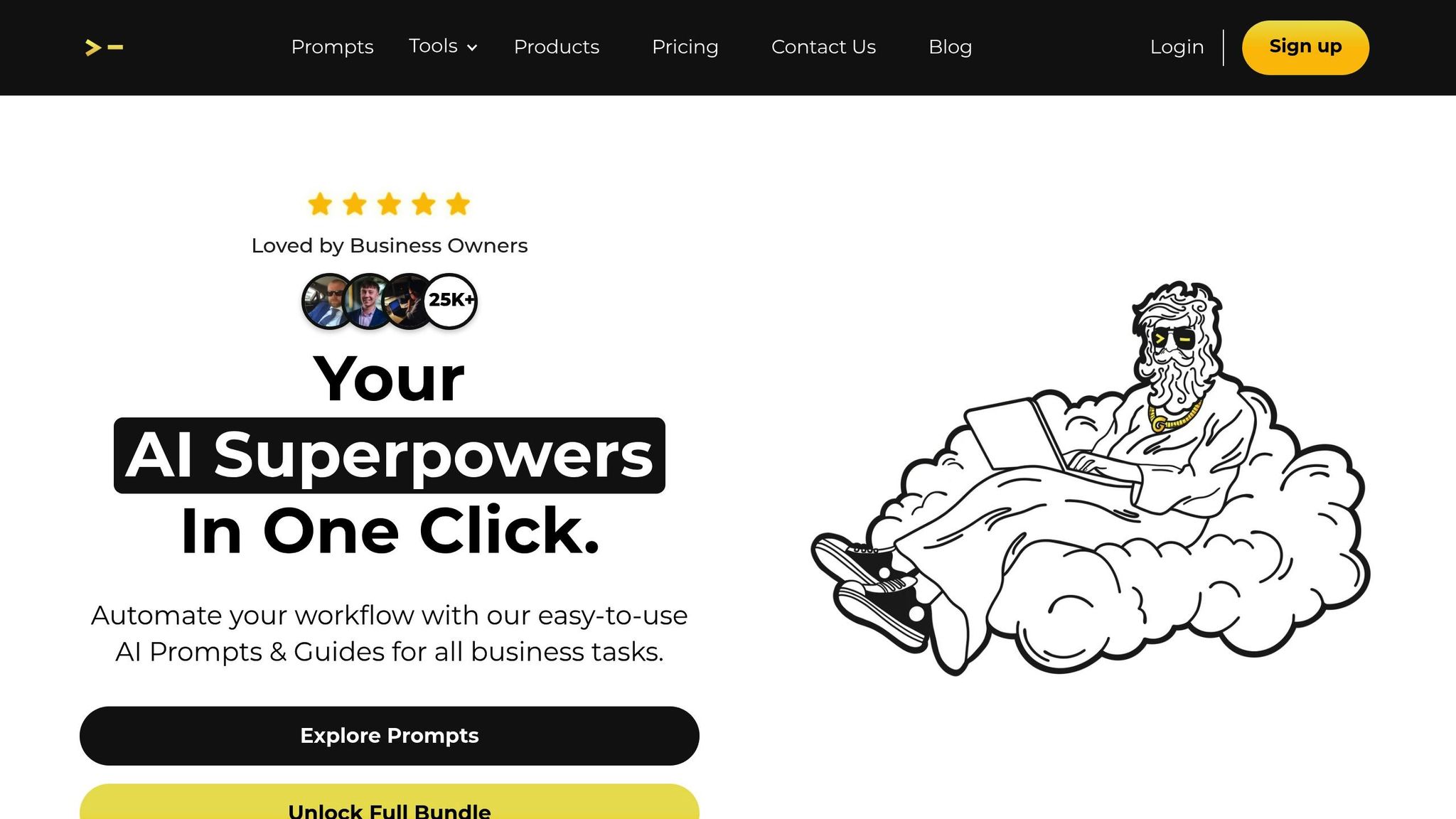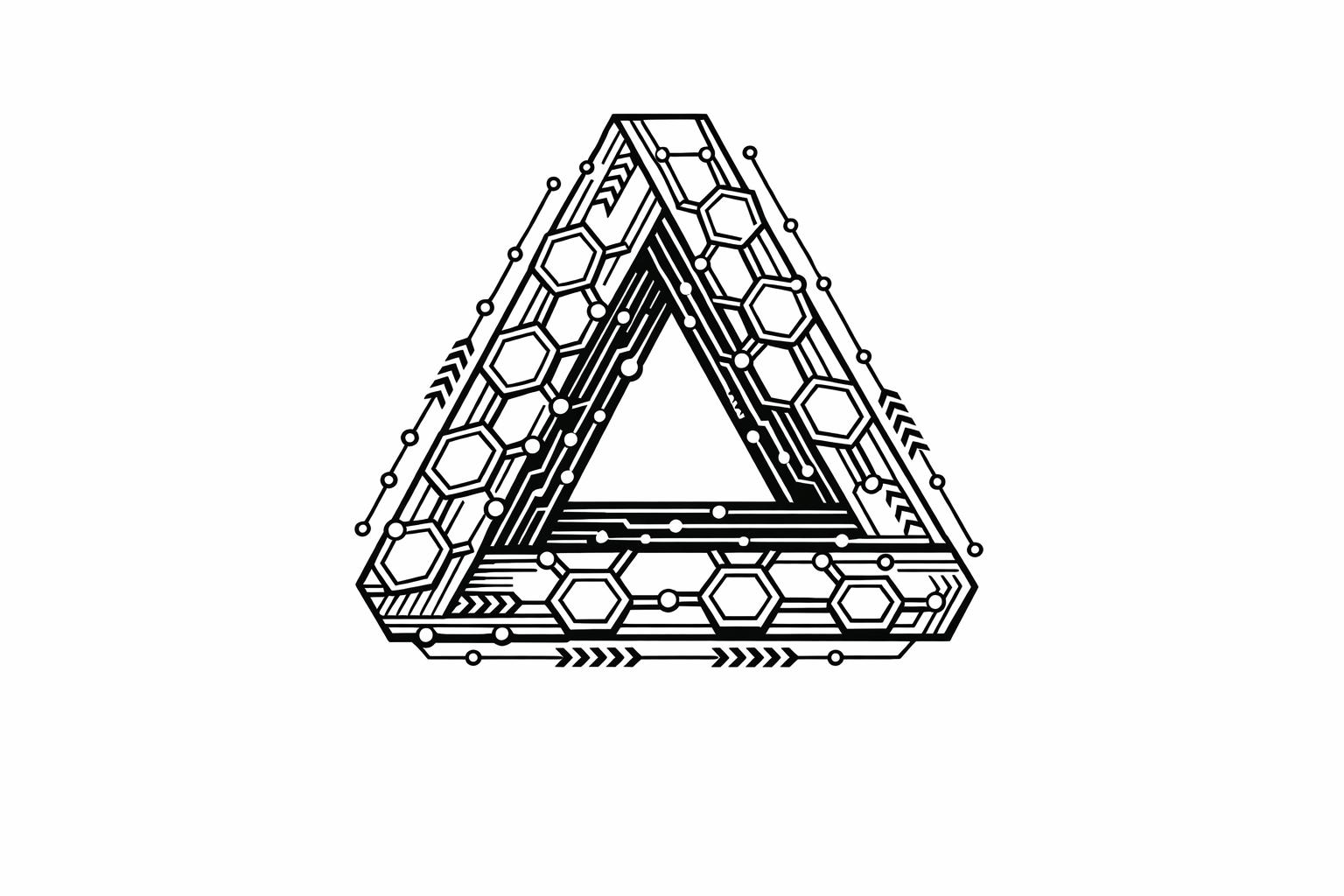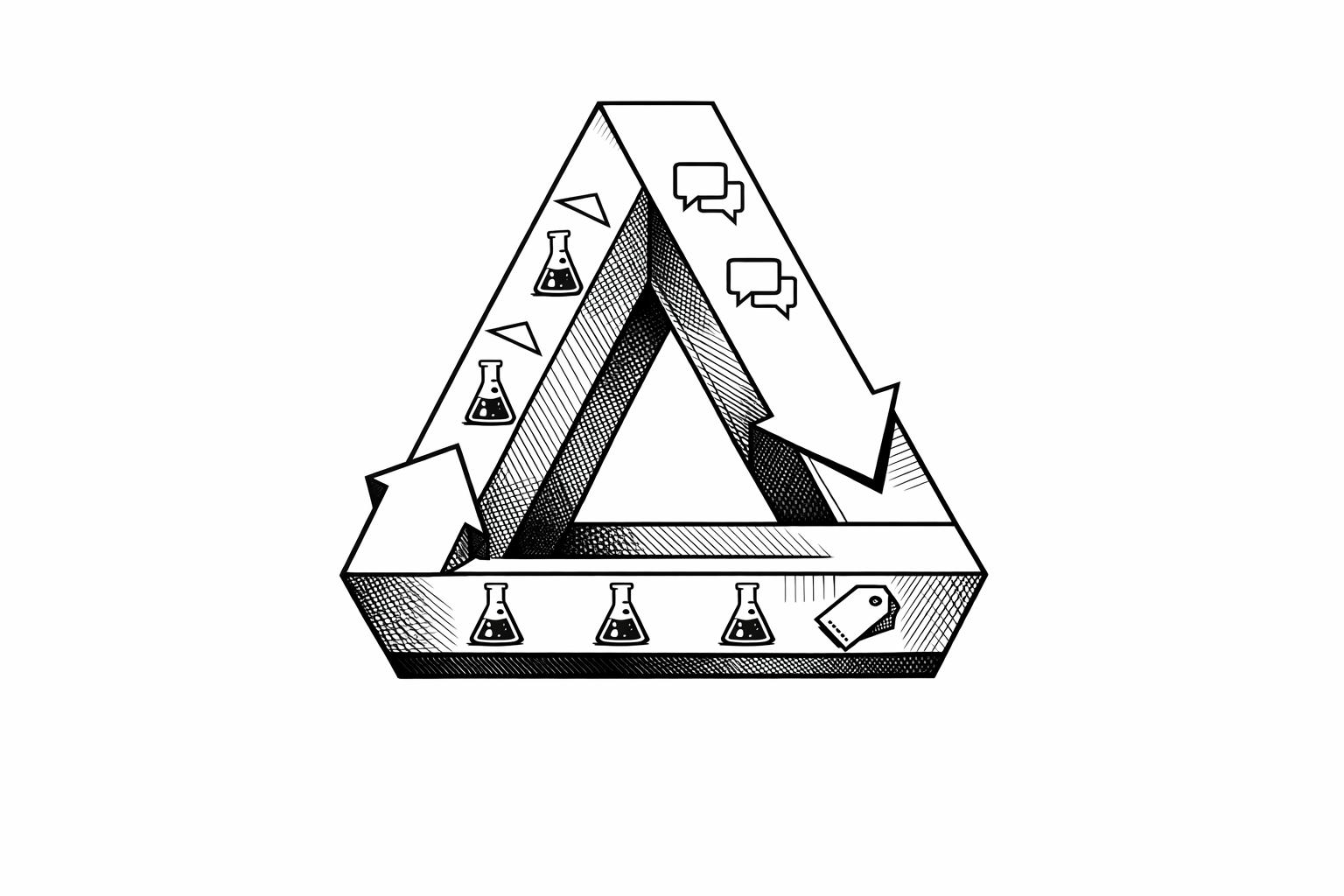Predicting Product Failures with Machine Learning

Machine learning can help businesses predict product failures before they happen, saving costs and improving quality. Here's how:
- Data Preparation: Collect and clean data from sensors, production lines, and maintenance logs. Create useful features like time-based trends and derived measurements.
- Choosing Models: Start with algorithms like Random Forest or Gradient Boosting for sensor data, or LSTM for time-series data.
- Handling Imbalanced Data: Use techniques like SMOTE or class weighting to improve model accuracy for rare failure events.
- Testing and Deploying: Validate models with test sets, simulate production scenarios, and monitor performance in real-time systems.
- Continuous Improvement: Regularly update models with new data to maintain accuracy.
Tools like God of Prompt provide pre-built prompts and resources to streamline ML workflows, from data preparation to deployment. Their AI bundles offer practical solutions for manufacturing analytics and predictive maintenance.
Product Failure Prediction Basics
What Is Product Failure Prediction?
Product failure prediction involves using a mix of historical and real-time data to spot potential defects or malfunctions in manufacturing processes - before they happen. By catching issues early, businesses can uphold quality, cut down on waste, and minimize customer complaints.
This method looks at factors like production parameters, quality metrics, environmental conditions, component details, and past failures. Even small deviations in these factors can combine to signal a problem. These insights pave the way for using machine learning to take predictive maintenance to the next level.
How Machine Learning Helps
Machine learning (ML) takes these insights and supercharges quality control with key benefits:
- Spotting Patterns: ML algorithms can uncover complex relationships between variables, analyzing thousands of data points at once to detect quality issues.
- Real-Time Monitoring: ML systems keep an eye on production lines continuously, catching deviations early so corrections can be made right away.
- Better Predictions Over Time: ML models improve their accuracy as they process more data, reducing false alarms and adapting to changing production conditions.
- Cutting Costs: Early issue detection slashes waste, reduces downtime, and lowers expenses tied to warranties and quality checks.
Unlike traditional methods that rely on fixed rules, ML models evolve alongside your manufacturing process, becoming more precise and reliable with ongoing use.
Data Preparation Steps
Data Collection Methods
The first step in preparing data is gathering it from multiple sources. For instance, sensors can be used to monitor real-time metrics such as temperature, vibration, and pressure. In modern manufacturing, data is often collected every 1-5 seconds, resulting in millions of records each month.
Other valuable data sources include:
- Metrics from production lines (e.g., speed, throughput, downtime)
- Quality control measurements
- Readings for humidity, temperature, and dust levels
- Maintenance logs and repair histories
- Component specifications and batch details
- Customer warranty claims and returns
Data Cleaning Steps
Once the data is collected, it needs to be cleaned to ensure it’s accurate and reliable.
- Handle Missing Values: Fill in gaps, like missing sensor readings or incomplete maintenance records, by using methods such as interpolation or rolling averages for critical parameters.
- Remove Outliers: Eliminate unrealistic readings, such as negative temperatures or pressures beyond equipment limits. Sudden spikes that suggest faulty sensors should also be flagged.
- Standardize Formats: Ensure all measurements are in the same units. For example, use Fahrenheit for temperature, PSI for pressure, and inches for distance in U.S. manufacturing contexts.
- Time Synchronization: Align timestamps from different sources to create an accurate sequence of events, which is crucial for understanding what leads to failures.
Creating Useful Data Features
Raw data needs to be transformed into actionable insights to predict failures effectively.
-
Time-Based Features
- Track average machine temperatures over 24-hour periods.
- Analyze how vibration patterns shift across work shifts.
- Assess the impact of maintenance intervals on performance.
-
Derived Measurements
- Calculate equipment efficiency scores.
- Measure component stress levels.
- Identify trends in quality deviations.
-
Event Sequences
- Monitor the timing of maintenance activities.
- Observe changes in production speed.
- Detect shifts in environmental conditions.
Building Prediction Models
Selecting ML Algorithms
When choosing a machine learning algorithm, it's crucial to match it with the nature of your data. For manufacturing sensor data, especially time-series data, these algorithms work well:
- Random Forest: Great for managing multiple input variables and uncovering complex patterns in sensor data.
- Gradient Boosting: Performs well with numerical and time-based data, helping identify subtle signs of potential equipment failures.
- Long Short-Term Memory (LSTM): Best for sequential data, especially when time intervals between events vary.
A good approach is to begin with simpler models like Random Forest to set a baseline. Then, tackle challenges like class imbalance to improve the model's dependability.
Working with Uneven Data
Manufacturing datasets often have an imbalance - failure events are much less frequent than normal operations. This can lead to models that lean too heavily toward predicting no failure at all. To handle this, you can:
- Use SMOTE: Generate synthetic samples for the minority class (failures).
- Adjust Class Weights: During training, give more importance to failure cases so the model learns to identify them better.
- Gather More Failure Data: Conduct controlled tests or dig into historical records to increase the dataset's failure examples.
Testing Model Performance
Once you've chosen an algorithm and balanced your data, it's time to test how well the model performs. Pay attention to these metrics:
- Recall: Measures how many actual failures the model correctly identifies.
- Precision: Looks at how many predicted failures are genuinely failures.
- Lead Time: Indicates how much advance notice the model provides before a failure.
- False Alarm Rate: Tracks how often the model incorrectly predicts a failure.
Testing should happen in three phases:
- Initial Validation: Use a separate test set containing both normal and failure events. Ensure this set wasn’t used during training.
- Production Simulation: Apply the model to live data streams in a parallel setup to uncover any real-world issues, like timing or data processing challenges.
- Continuous Monitoring: Regularly check the model's performance over time. Set alerts for when key metrics dip below acceptable levels, ensuring ongoing reliability.
sbb-itb-58f115e
Using Models in Production
Connecting to Business Systems
Once your model's accuracy is confirmed, it's time to connect its predictions with your business processes. This step involves integrating the model into your existing manufacturing systems for real-time use.
Here’s what to set up:
- Data Streaming Pipeline: Use tools like Apache Kafka or RabbitMQ to handle data flow.
- Model Serving Infrastructure: Deploy platforms such as TensorFlow Serving or MLflow to serve predictions.
- Integration Points: Create API endpoints to send predictions directly to quality control and maintenance systems.
Setting Up Monitoring Systems
Keeping an eye on your model's performance and the system's overall health is crucial.
Focus on these components:
- Model Performance Dashboard: Track metrics like prediction accuracy and response times.
- Alert System: Set up notifications for issues like low confidence in predictions, delays in response, or unusual sensor readings.
- Health Checks: Ensure smooth operation by verifying the data pipeline, model serving status, and API functionality.
These measures help maintain reliable insights for decision-making.
Updating Models Over Time
To keep your model effective, it’s important to update it regularly using a structured approach.
Key steps include:
- Data Collection Pipeline: Automate the gathering of new failure data and outcomes, storing them in a versioned database.
- Model Evaluation Schedule: Periodically check for accuracy, error rates, and any signs of performance drift.
- Update Protocol: Test updated models in parallel, validate their improvements, and document the results.
This process ensures your model stays relevant and continues to deliver accurate predictions.
Failure Prediction for Manufacturing Industry with SQL Server ...
God of Prompt Tools for ML Projects

When it comes to speeding up machine learning (ML) workflows, God of Prompt delivers a comprehensive set of tools and resources designed to simplify every step of the process. From deployment to monitoring, this platform offers solutions that save time and improve efficiency.
God of Prompt Resource Library
God of Prompt provides a well-organized Notion workspace loaded with resources tailored for ML projects. Here's what you can find:
- Pre-built prompts for tasks like data preparation, feature engineering, and choosing algorithms.
- Step-by-step guides for tackling challenges like imbalanced datasets and fine-tuning models.
- Tools designed for smooth integration into your workflows.
For those looking to supercharge their ML projects, the ChatGPT Bundle is available for $97.00. It includes over 2,000 prompts specifically crafted to streamline ML development while following best practices.
But the platform isn’t just about libraries - it also includes features that support every stage of your ML project.
ML Project Support Features
God of Prompt offers tools to make failure prediction and other ML tasks more manageable. Here's what stands out:
Real-time Assistance
- Integrates with top AI models to provide instant help.
- Offers ready-to-use problem-solving prompts.
- Includes customizable documentation templates.
Project Management Tools
For $150.00, the Complete AI Bundle adds even more value with:
| Feature | Application |
|---|---|
| Custom Prompt Creation | Tailored prompts for specific ML tasks. |
| Lifetime Updates | Access to the latest ML techniques. |
| Cross-platform Support | Works across multiple AI platforms. |
These tools are designed to fit seamlessly into existing systems, helping teams quickly adapt and continuously improve their models. The platform’s intuitive structure ensures that resources are easy to find, reducing development time and improving overall project efficiency.
Conclusion
Machine learning is reshaping quality control by enabling businesses to predict product failures before they happen. By focusing on proper data preparation, choosing the right models, and monitoring performance, companies can cut costs and boost reliability.
Here are some key factors for success:
- Data Quality: Ensure accurate and consistent data collection.
- Model Selection: Pick algorithms that align with the specifics of your data.
- System Integration: Connect predictions directly to your business operations.
- Continuous Improvement: Regularly refine and update your models.
Tools like those from God of Prompt can simplify the implementation process and help maintain best practices. By paying close attention to data preparation, model development, and deployment, businesses can create systems that effectively identify potential failures before they affect customers.





















